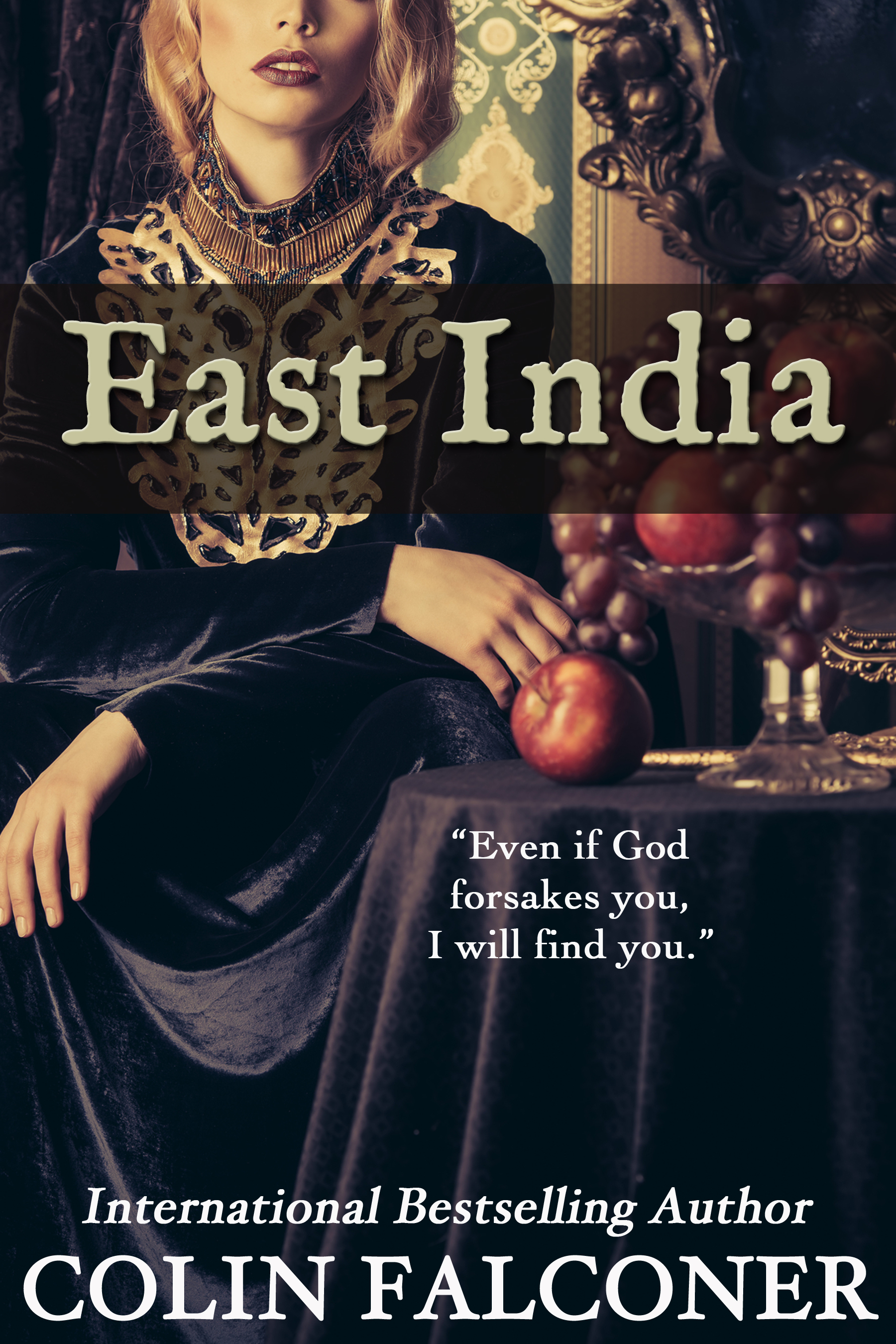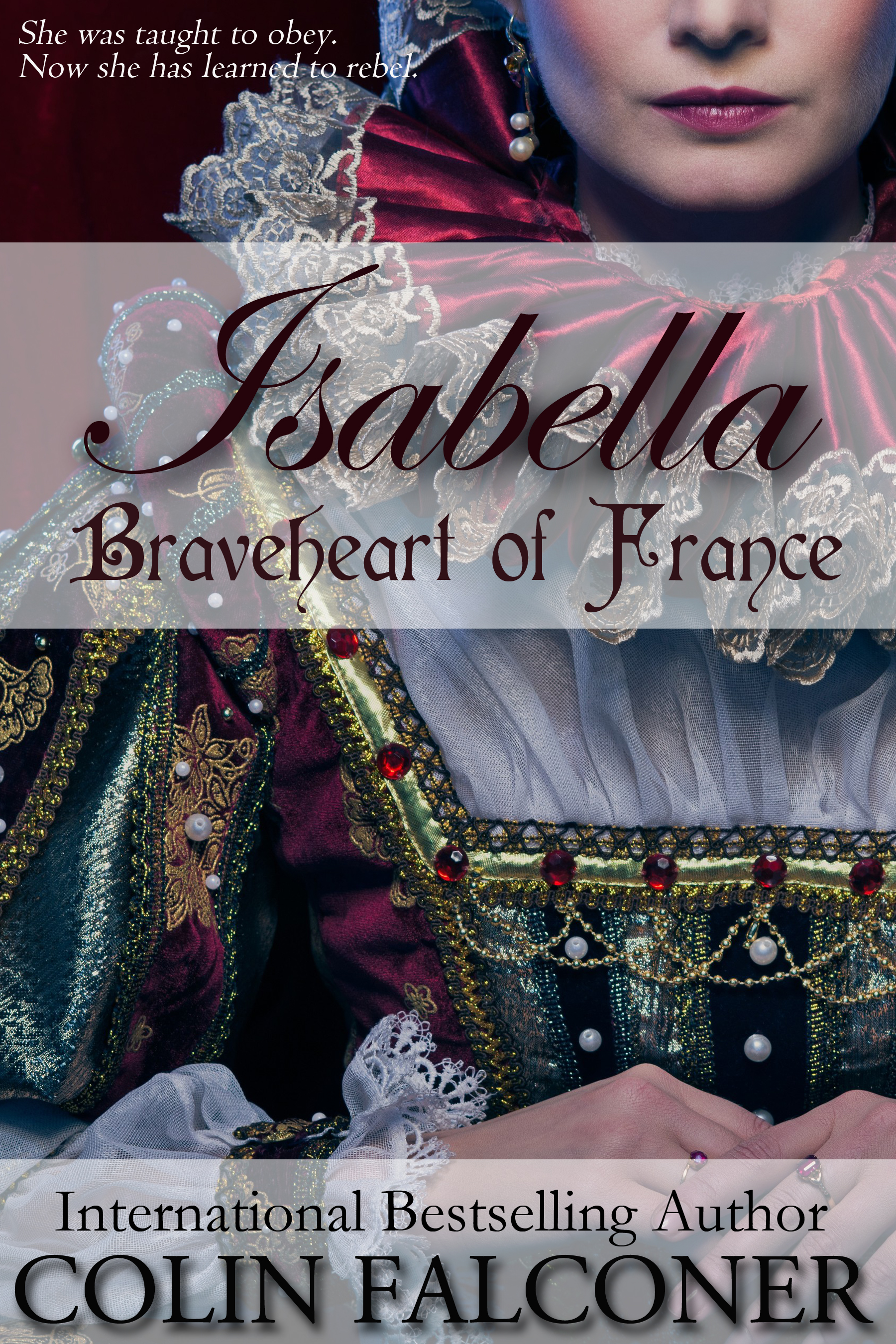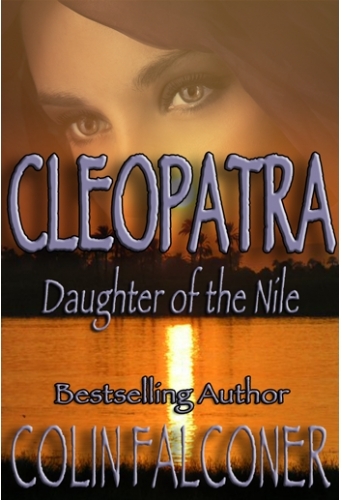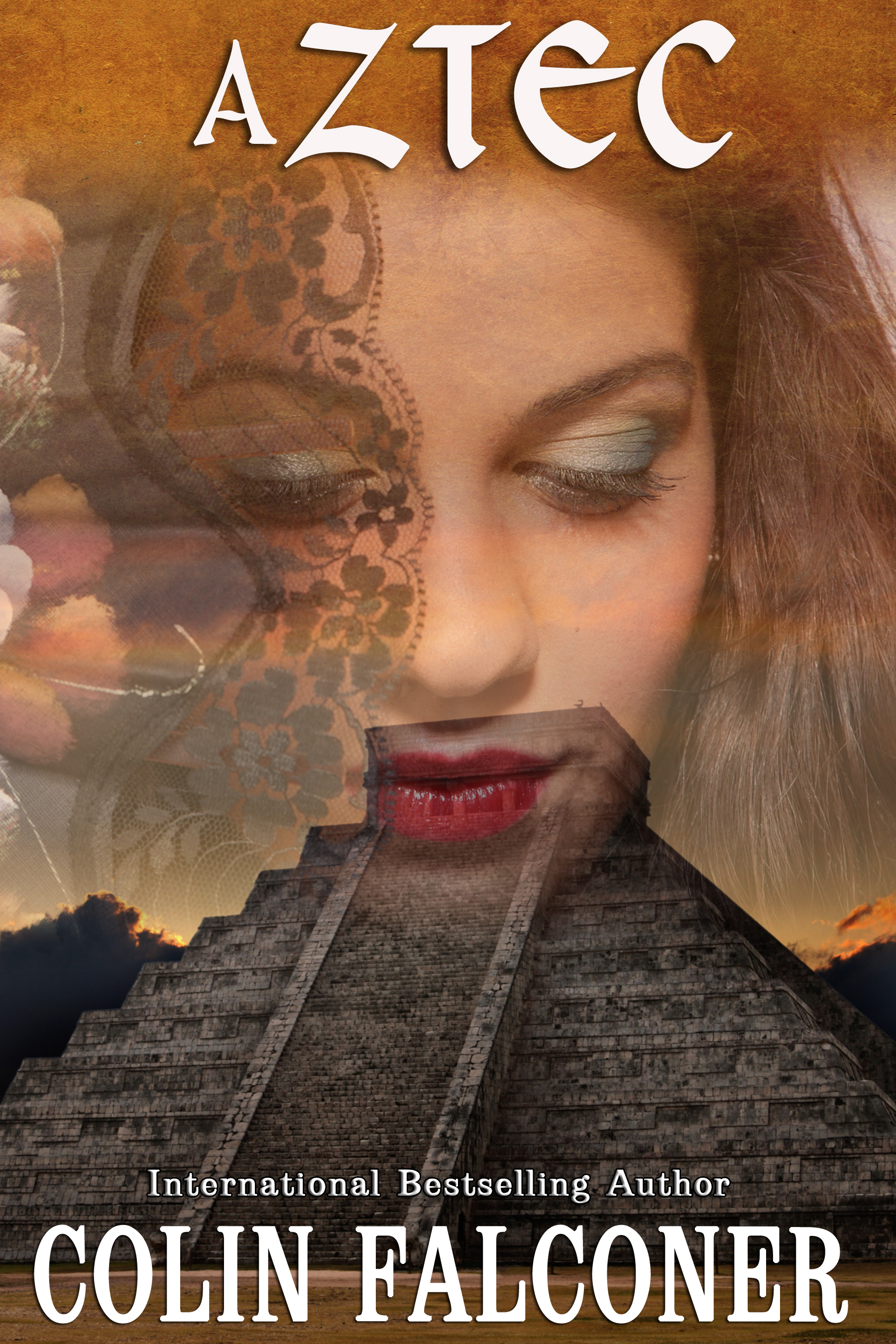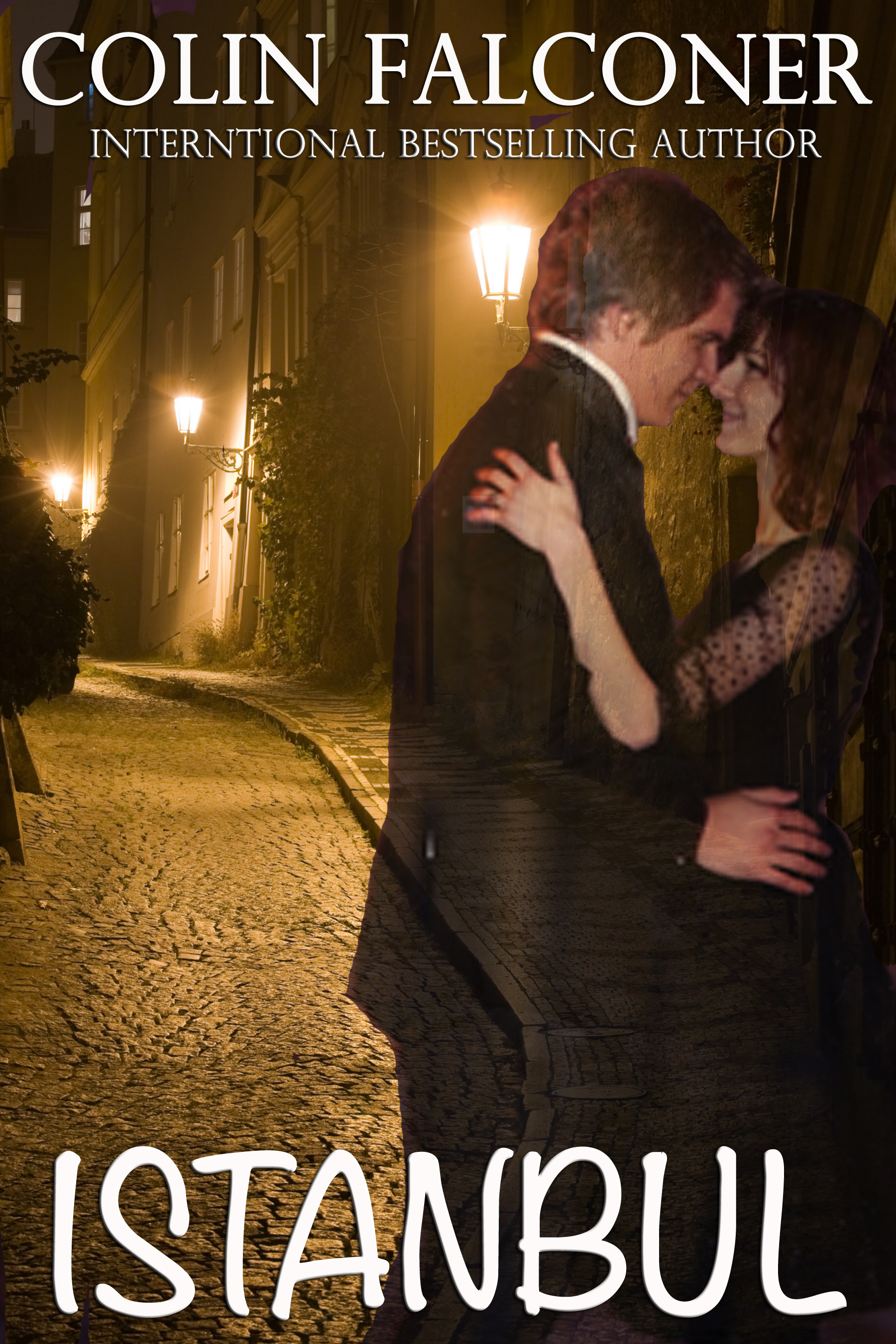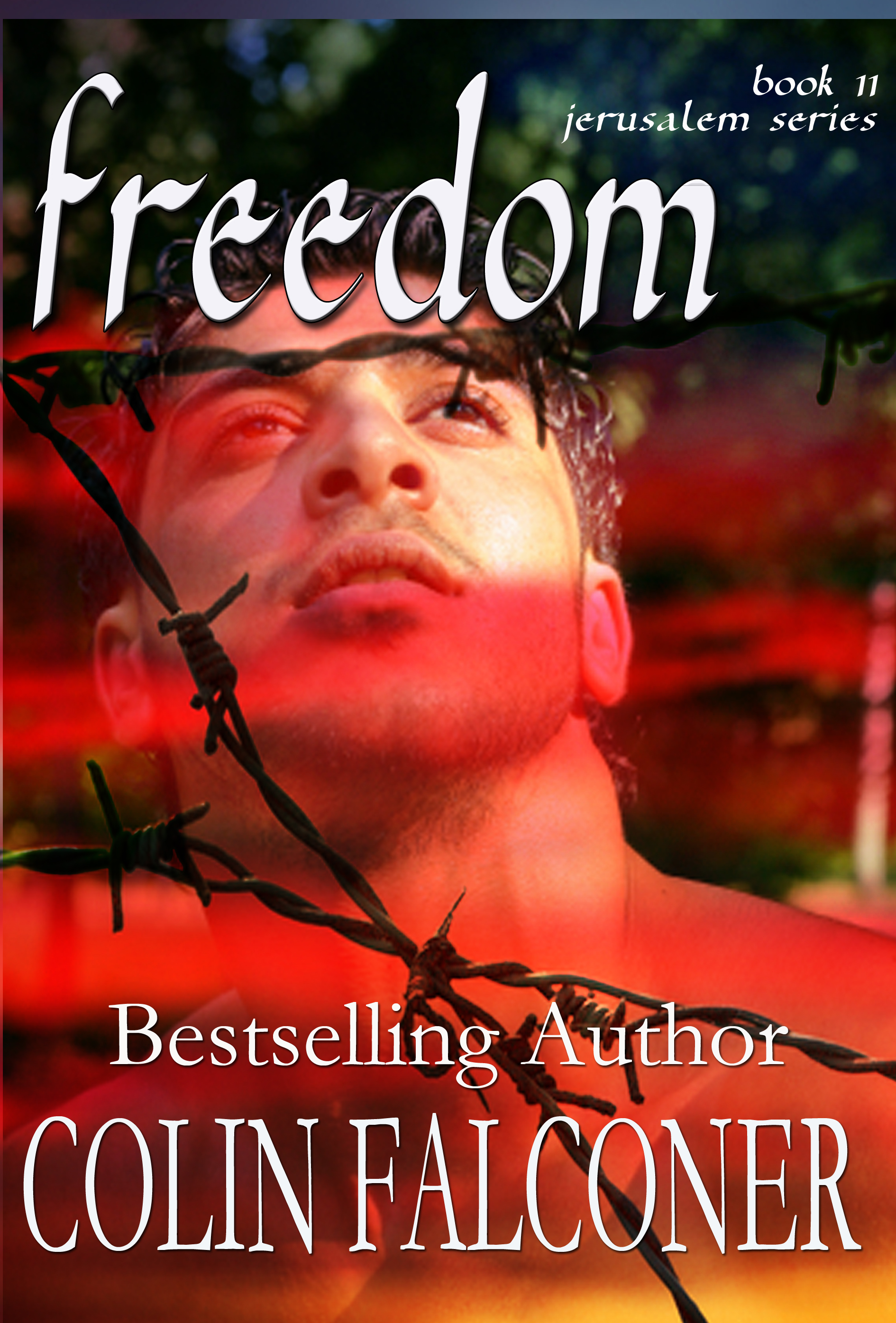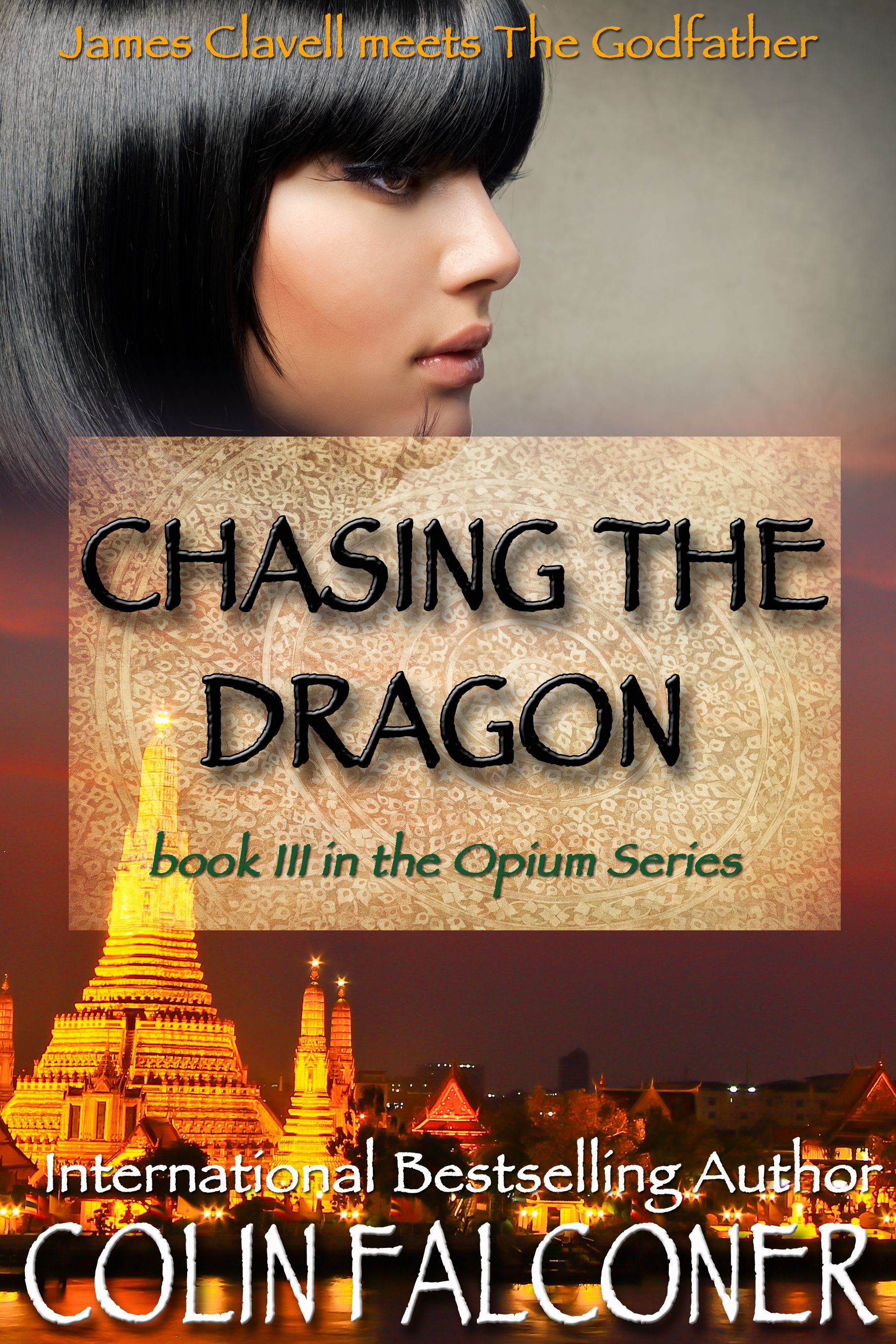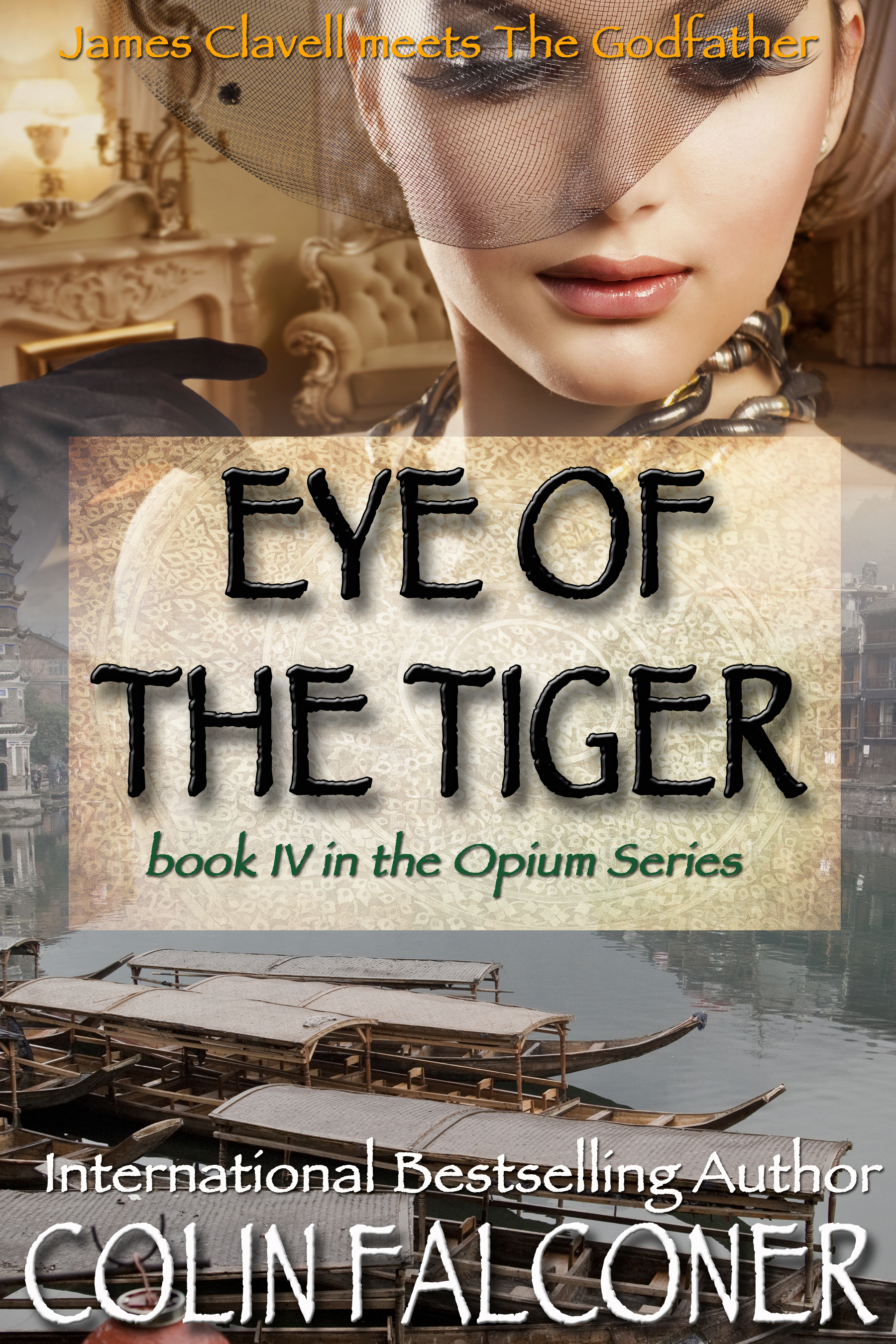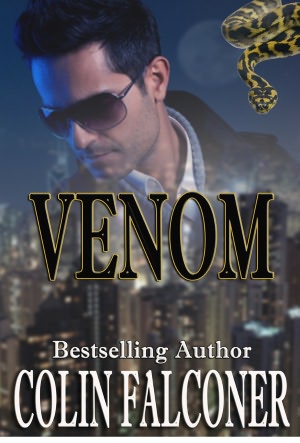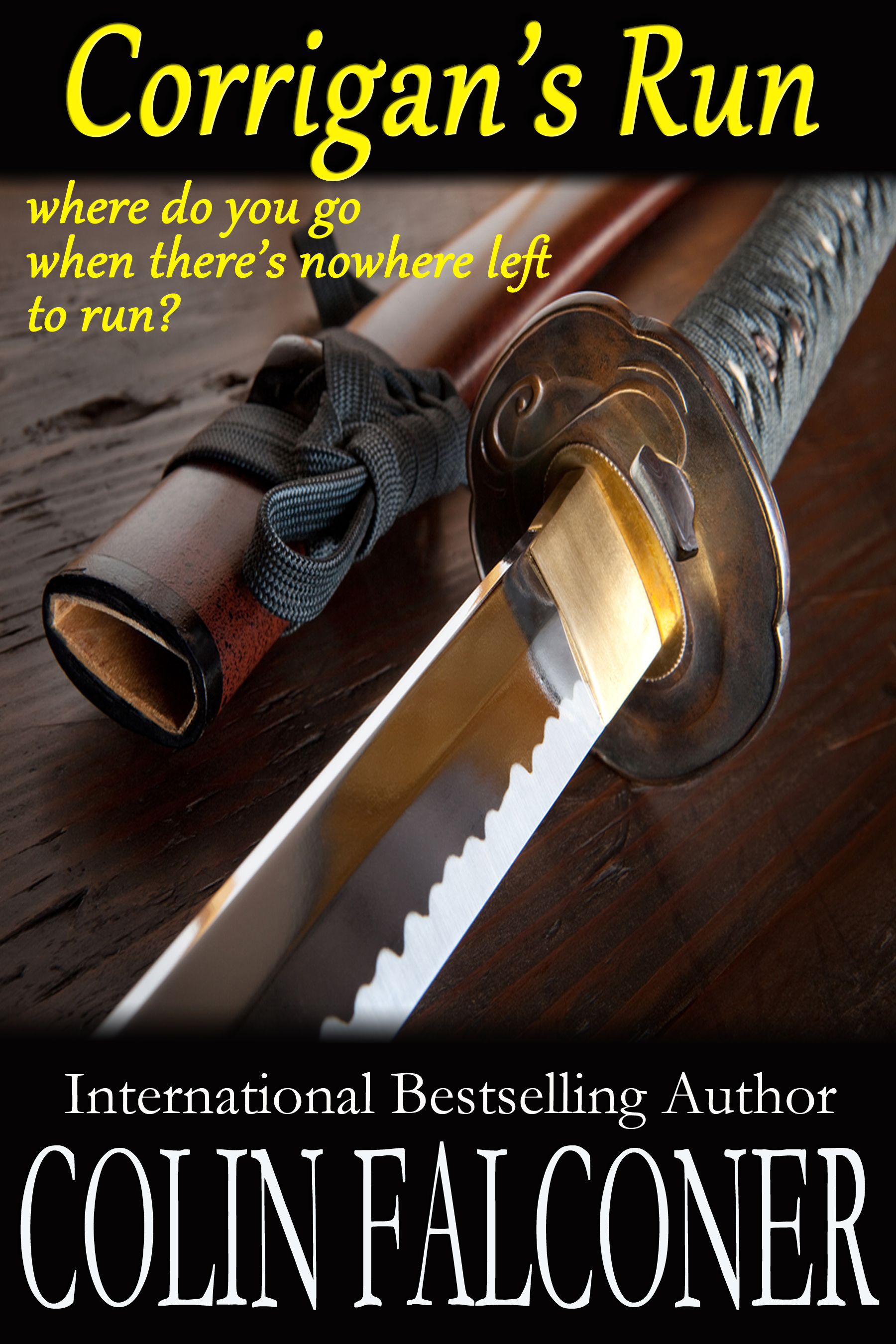“What if Alexander the Great had not died so young?”
My publisher, Anthony Cheetham, started with that throwaway line over dinner in London one night a few years ago. The idea stuck.
So today COLOSSUS is being published in hardback in New York.
Described by my agent as the love child of WATER FOR ELEPHANTS and WARHORSE it’s an historical epic of what might have been.
Even as alternative history I had to thoroughly research Alexander the Great’s battle plans, character - he was a psychopath - and of course, my wonderful protagonist, Colossus, the elephant.
Did you know that elephants grieve, much like humans do? Did you know that Alexander had appointed a ‘captain of the elephants’ just before he died, the first western commander to do so? Did you know that when he died he had drawn up battle plans to attack Carthage?
COLOSSUS is out now. You can check it out here.
THERE’S A SAMPLE BELOW!!‘Kill him! Kill the monster now!’
Colossus has sent everyone scattering. He has ripped the stake out of the ground and the heavy iron chain now trails his hind leg as light as a flower garland, bouncing this way and that. He has pulled down a small building at the edge of the enclosure by ramming it with its head and shoulder. A mahavat lies stricken on the ground nearby.
Someone has scared him. He is screaming with rage.
He picks up another of the mahavats with his trunk and swats him like a fly. The man rolls across the ground like tumbleweed and thuds into a mud brick wall. Colossus finds a straw cart and stamps on it leaving behind just splinters.
The captain of the elephants has lost his fine turban and his swagger. He is panicked and his face is covered with dust and sweat. The captain is deciding where to place his spear but it is not easy to kill a fully grown elephant. It takes an army and a forest of darts. Even without armour there are not many places a man can strike with a spear and even offend an elephant much, let alone kill him. He must somehow get underneath the beast, avoid his tusk and feet and strike upwards. To do that the beast’s attention must be distracted and Colossus is not of a mind to take his cold red eyes off the captain of the elephants for even a moment.
The fool tries to run around him but whichever way he turns, Colossus turns too. It is clear now that he is the target for the animal’s fury. Gajendra supposes he has been beating him with the ankus again. How many times has he told him not to do that?
Colossus tramples down several tents and knocks over another cart. It is pandemonium. The other elephants are agitated now and if someone doesn’t do something they will stampede. Gajendra doesn’t like the captain and will happily see him squashed like a beetle, but someone must help him, for the sake of the entire regiment.
So Gajendra steps out in front of Colossus.
The world stops. He can hear only two things now: his own blood pounding in his ears and his Uncle Ravi shouting at him to come away. He hears galloping horses on the road, sees a hawk soaring high overhead.
He cannot let them slaughter Colossus. The beast just needs someone who knows how to handle him, that’s all.
If someone put that bull hook up the captain’s ample fundament instead everything would be all right.
He stands in front of the big bull and Colossus bellows, trunk raised, ears flared. The tusks are terrifying. He once saw a man gutted and near torn in half by one of those. He still remembers the inhuman cry as the bull tried to shake him off.
Never mind the tusks, just watch what he does. The tusks are the least of your worries. He can just stamp on you if he wants, leave behind just a red stain and a few stringy fibres like betel nut.
Colossus swings his front foot, a sure sign he is going to charge. He starts at a gait, trunk curled. The ground shakes under his feet. The captain of the elephants screams and tries to run but he trips in his haste and falls flat on his face in the dirt.
Hold your ground now. Go down on one knee like Ravi showed you. Don’t let him see you’re afraid even though you’re near pissing yourself. Remember what he said. ‘On one knee and point to the ground.’
‘Hida, Hida!’ Lie down!
The effect is dramatic. His ears crack out and he unrolls his trunk. He shakes his huge head, showering Gajendra in a cloud of sand, and backs off a few paces.
Impressive. He has only once before seen an elephant break off an attack at full speed. On that occasion it was Ravi who was standing in front of the elephant.
‘Hida!’
Colossus is slow about it, but he does it, settling into the dust.
The captain runs forward with his spear. Gajendra sees what is intended, and throws himself at the captain, taking him in the midriff, knocking the wind out of him and sending him sprawling on the ground. The spear bounces across the dirt. Colossus gets back to his feet, picks it up with his trunk and tosses it casually over his massive shoulder. He does not see where it lands.
Greece, perhaps.
***
After all the trumpeting and screaming the silence that follows is eerie. A shadow falls across Gajendra’s face, and he hears the jangle of trappings, realizes that a horse and its rider have stepped up to him. The rider has his back to the sun and Gajendra must shield his eyes to look at him.
‘Well, that was smartly done,’ the newcomer says. He sits on a huge white Arab stallion. The captain of the elephants scrambles back to his feet and almost immediately puts his head back into the dirt, this time without the assistance of one of his own elephants.
The rider steps his horse forward and turns to the officer beside him. ‘I can make an oriental kneel, but this one makes an enraged elephant grovel. Which of us is greater, do you think?’
The rider slides from the saddle and stands, legs apart, surveying the scene. Gajendra finally realizes who it is and gasps and falls to his knees behind the captain.
‘Oh, don’t bother with all that now,’ Alexander says and grabs him by the tunic and pulls him back to his feet.
Gajendra is surprised to find that the great Alexander is shorter than he is. Squat, golden and broad, his legs are bowed from spending his entire life in the saddle of a horse. And yet he feels as if he is standing next to a giant.
He had heard legends of his general long before he was conscripted into Alexander’s army. It is like standing next to the sun; how the energy burns off him.
Alexander nudges the captain of the elephants with his foot. ‘What’s your name?’ He has a high-pitched voice, this lord of war, it grates on the nerves.
‘Oxathres, my lord,’ the captain says, without raising his face from the dirt.
‘You might as well lick his boots while you’re down there,’ Alexander’s lieutenant says and then guffaws when Oxathres actually does it. Apparently, it was just a joke.
‘You’re a fool, Oxathres. What are you?’
‘A fool, my lord.’
Alexander winds up and kicks him hard in the ribs and then turns to Gajendra and asks him his name.
‘“Gajendra”,’ Alexander repeats, when he hears it. ‘It sounds a little like my own name. Gajendra the Great!’ he says and his lieutenants laugh, which is why he keeps them with him, Gajendra supposes.
He nudges the captain of the elephants with his boot a second time as if it is something in his path that he is unsure about. ‘You’re in charge here, am I right? How did this come about?’
The captain says, ‘Beg pardon, my general, but the beast is mad. It should be killed immediately.’ He wipes the sweat off his face and smiles up at his general in an ugly way, something like a grimace. ‘The animal is a menace and will not be properly trained.’
Alexander starts to laugh. He throws back his head and roars. Even Oxathres starts to laugh, not yet party to his own joke. Now the lieutenants on their horses laugh as well; even one of the horses seems to snicker. Then Alexander draws back his boot and kicks Oxathres in the ribs again. It is a terrifying sight because Alexander is still laughing as he does it.
‘Who made you captain of these beasts?’ Kick. ‘Was it me?’ Kick. ‘I shall have to put myself on a charge for incompetence. What was I thinking? I must have been drunk!’ Kick, kick, kick.
The captain of the elephants starts to cry. The fault is not his, he grunts in between having his ribs tickled. The beast is unnatural. It will not submit to direction. Forgive me, I am Alexander’s most faithful soldier. I would follow you to the ends of the earth.
‘Only to the ends of the earth?’ Alexander says. ‘But I’ve been there. I need somewhere to march that is more of a challenge!’
He suddenly loses interest in his captain of the elephants. He seems as easily distracted as a child.
‘Well, look at this,’ he says and walks up to Colossus and stands in front of him with his hands on his hips. Gajendra watches Colossus carefully; the imperceptible flick of the pink tip of its trunk, the slow blink of his eye. No sudden movements please, my lord, he thinks, or you will follow the captain’s spear over that wall.
‘What is his name?’
‘Fateh Gaj – it means Victory Elephant. But your soldiers have called him by a different name.’
‘And what is that?’
‘Colossus, my lord.’
Alexander laughs. ‘Yes. Colossus. It suits him.’
Gajendra approaches, so that he can intervene should Colossus take exception to his general’s behaviour. Colossus reaches out with his trunk and touches Gajendra’s head and face with his trunk. He makes a deep rumbling in his stomach as he does this.
‘He is the biggest beast I have ever seen; even at Gaugamela I never saw the like,’ Alexander says. ‘How did you tame him?’
‘I spoke to him.’
Alexander walks around the grey mountain of leathery flesh. Colossus has tufts of greyish hair all over him and ears as big as a man. Alexander folds his arms and frowns.
‘You’re not telling me this beast can talk?’
‘No, but he can understand.’
‘And what’s that language you use?’
‘It’s the language of elephants, my lord.’ He cannot explain to him that it is the language Uncle Ravi spoke as a child.
Alexander gives him a pained look. ‘And why does this special language make a difference?’
‘He is trained to obey certain commands and that is the only language he understands.’
‘Does that imbecile…’ he indicates Oxathres with a dismissive nod of the head, ‘… does he know that?’
‘I have tried to tell him, but he pays no attention to me.’
‘Are you Indian? You don’t look Indian. You look Greek.’
‘My mother was Persian.’
‘What was your father doing with a Persian? Besides making you?’
‘The Rajah gave her to him. As a gift, for his exploits in battle. He said he was the best mahavat in his whole army. But then he was wounded and he could not be a soldier any more. He turned to farming.’
‘The son of a hero!’
‘I suppose.’
‘So you are telling me that you are the only one who knows how to control this animal?’
‘It would so appear.’
‘So if you are the only one here who knows how to control the beast, why has it done all this?’ He looks around the enclosure. Two men lie motionless in the dirt, two small buildings are partially destroyed and three carts are now only of use for firewood.
‘I believe the captain of the elephants took to him witha bull hook. He doesn’t like bull hooks.’
‘Where were you?’
‘I was mucking out the straw.’
‘But isn’t this your elephant?’
‘He won’t give me an elephant. He says I’m too young.’
Alexander sighs, theatrically puffing out his cheeks. He walks over to Oxathres, who is still curled up on the ground, clutching his ribs. This has not been a good day for him and it is about to get worse. Alexander grabs him by the hair and cuffs him smartly about the ears. ‘You’re stupid. Say it now. Come on. You’ll feel better once it’s said.’
‘I’m stupid,’ the captain of the elephant sobs.
‘Why are you stupid?’
‘I don’t know.’
‘You’re stupid because you don’t know how to use your resources to their best effect.’ He picks him up by the collar and drops him back into the dust. He kicks him again, much harder than before. ‘From now on, this boy here… what was your name again?’
‘Gajendra, lord.’
‘Gajendra is this animal’s mahavat. Now I want no more trouble.’ He nods to his lieutenant. ‘Give the boy five of those new coins I had minted yesterday.’
Even the lieutenant seems surprised. ‘So much?’
‘Just do it.’
The lieutenant gestures him to approach. Gajendra gapes; it is as much money as he might make in a year.
Alexander turns around and takes a last look at Colossus, who is still kneeling, playfully blowing at the dust with his trunk, mild as a kitten. Alexander shakes his head.
Then he looks at Gajendra and grimaces with distaste. ‘You’re covered in elephant snot,’ he says.
Gajendra looks down at his tunic. He is indeed covered in slime, half a pint of it from where Colossus has expressed his affection.
‘We have known each other a long time. He is fond of me.’
‘I should not like anything to be that fond of me,’ Alexander says, and then gets on his horse and rides away, his lieutenants in tow.
The captain of the elephants gets to his feet. His ear is bleeding. He tries to straighten up but his ribs will not let him. He looks at Colossus and then at Gajendra. He points a finger at him. ‘You’re dead, boy,’ he says and staggers away.
Gajendra looks over his shoulder at his elephant. All the madness has gone out of him. He flaps his ears and tastes the air with his trunk. Now that Oxathres has gone, he seems perfectly at ease.
‘Now look what you’ve done,’ Gajendra says to him. He taps the ankus behind his tail and Colossus does as he asks, and trails him across the enclosure, leaving the waterboys to clear up.

 COLIN FALCONER
COLIN FALCONER




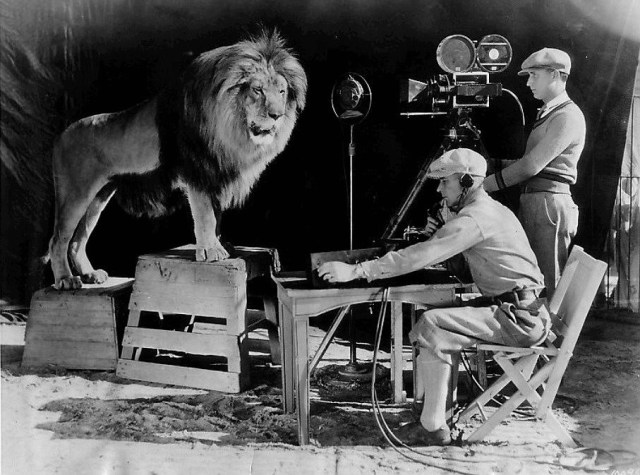
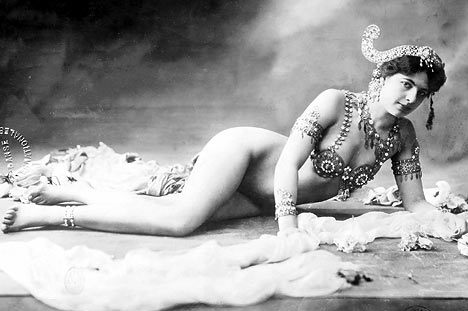
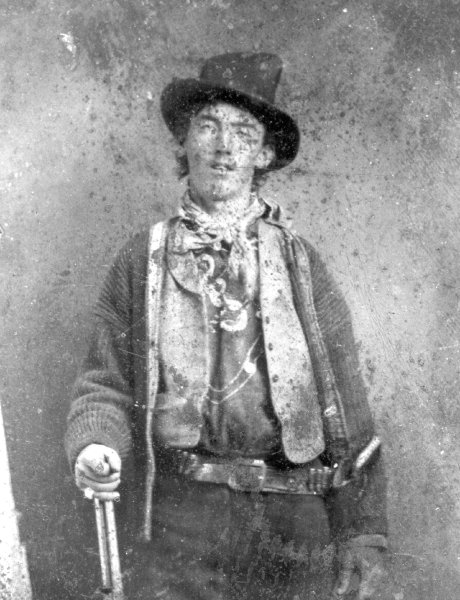
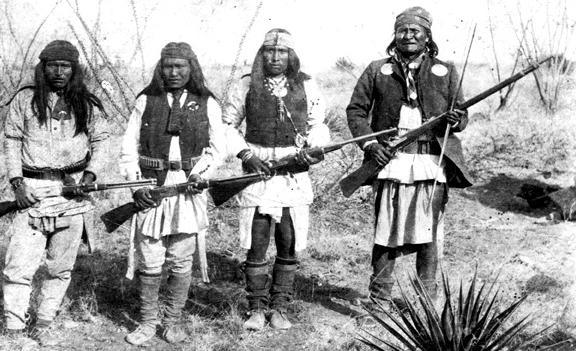
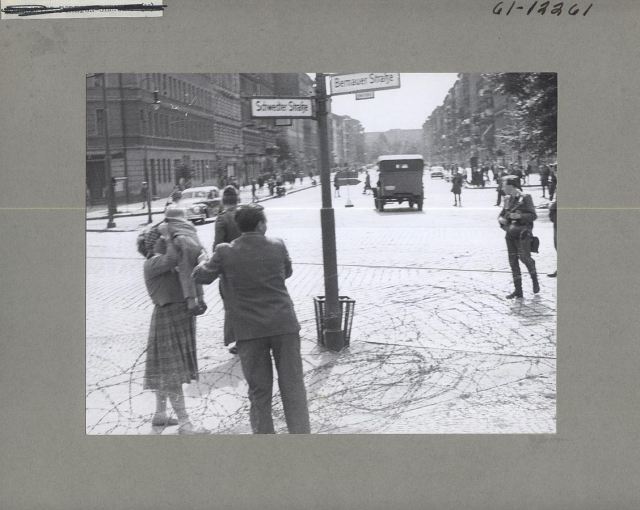
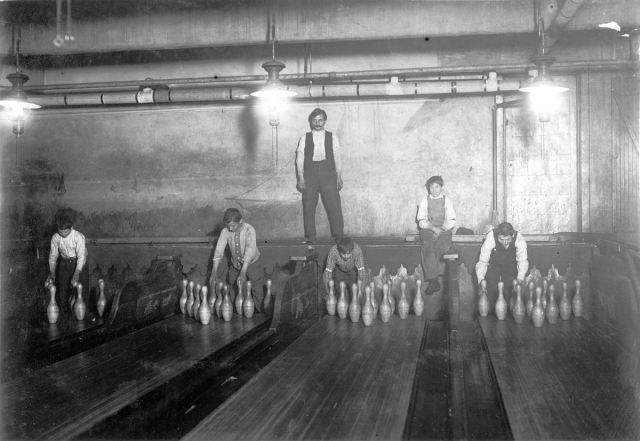
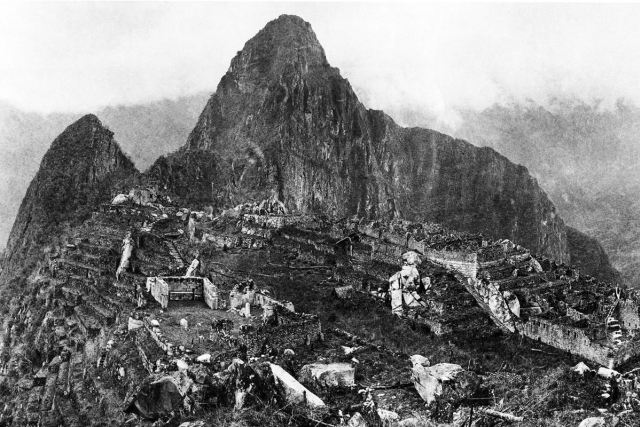
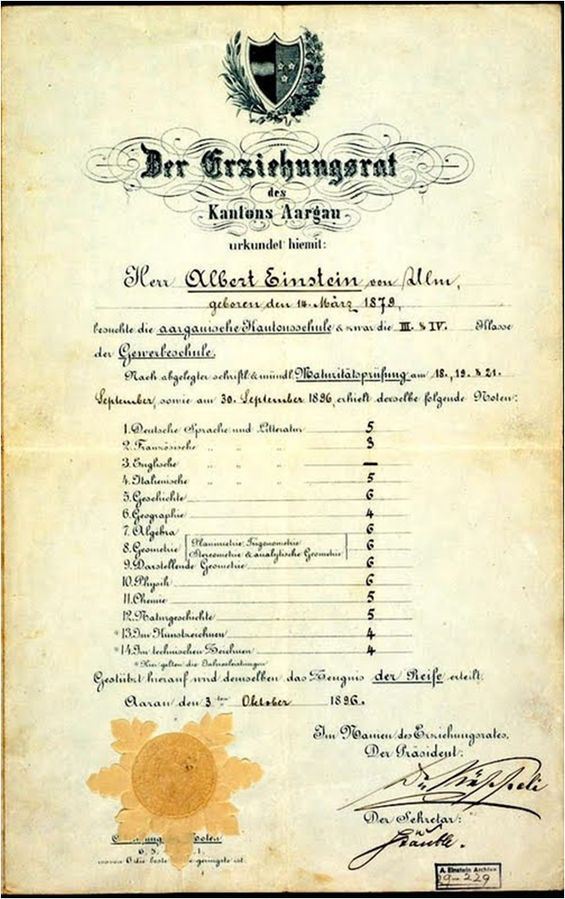
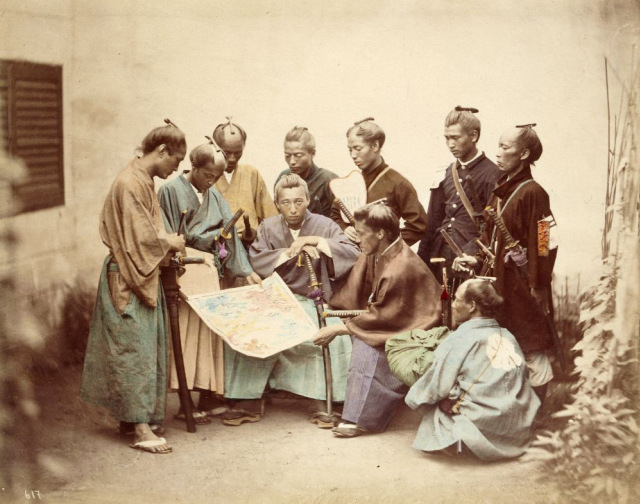
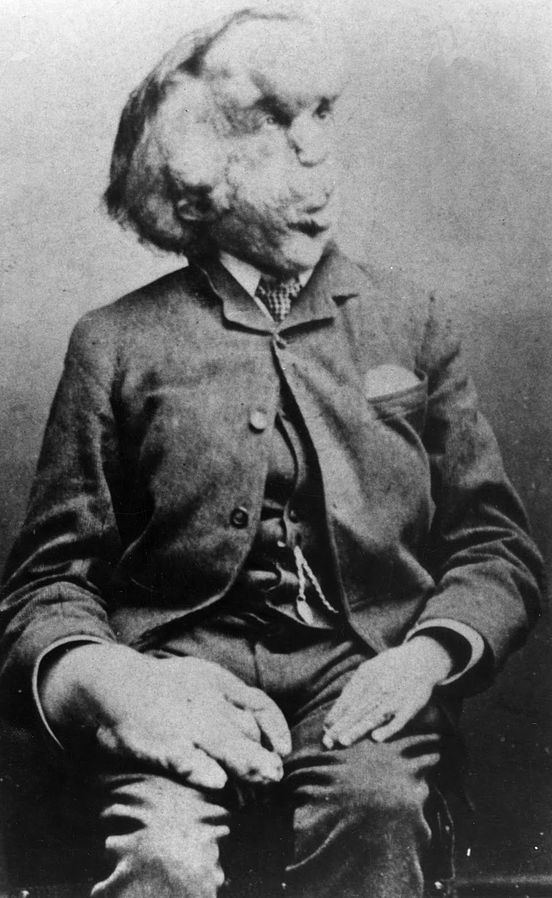
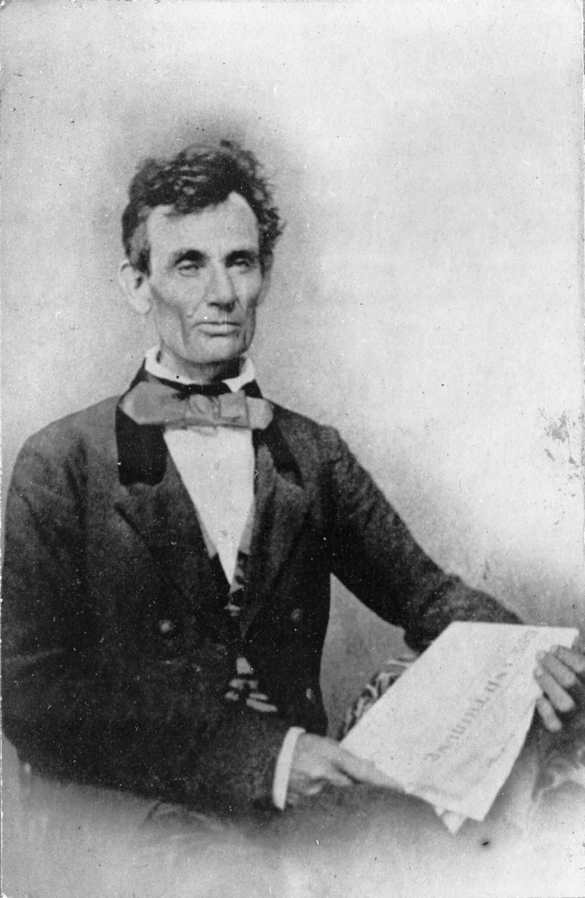

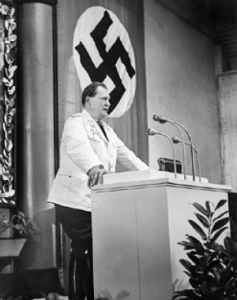
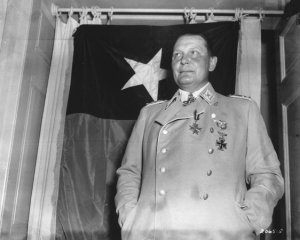
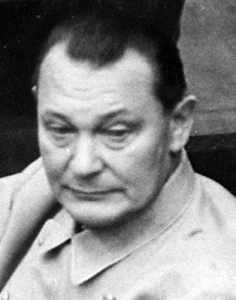
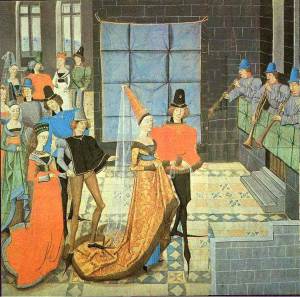

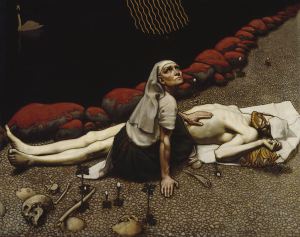
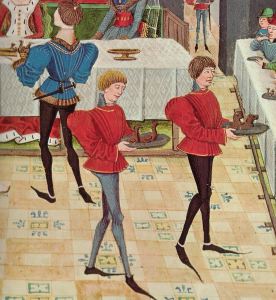
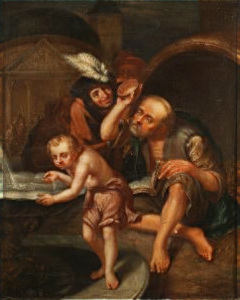
 Thomas Lupton again, that reliable fount of wisdom: “An Italian, through the oft smelling of an hearb called Basil, had a Scorpion bred in his braine, which did not only a long time grieve him, but also at the last killed him… Take heede therefore ye smellers of Basil!”
Thomas Lupton again, that reliable fount of wisdom: “An Italian, through the oft smelling of an hearb called Basil, had a Scorpion bred in his braine, which did not only a long time grieve him, but also at the last killed him… Take heede therefore ye smellers of Basil!”

